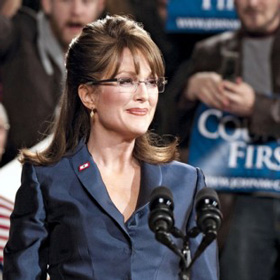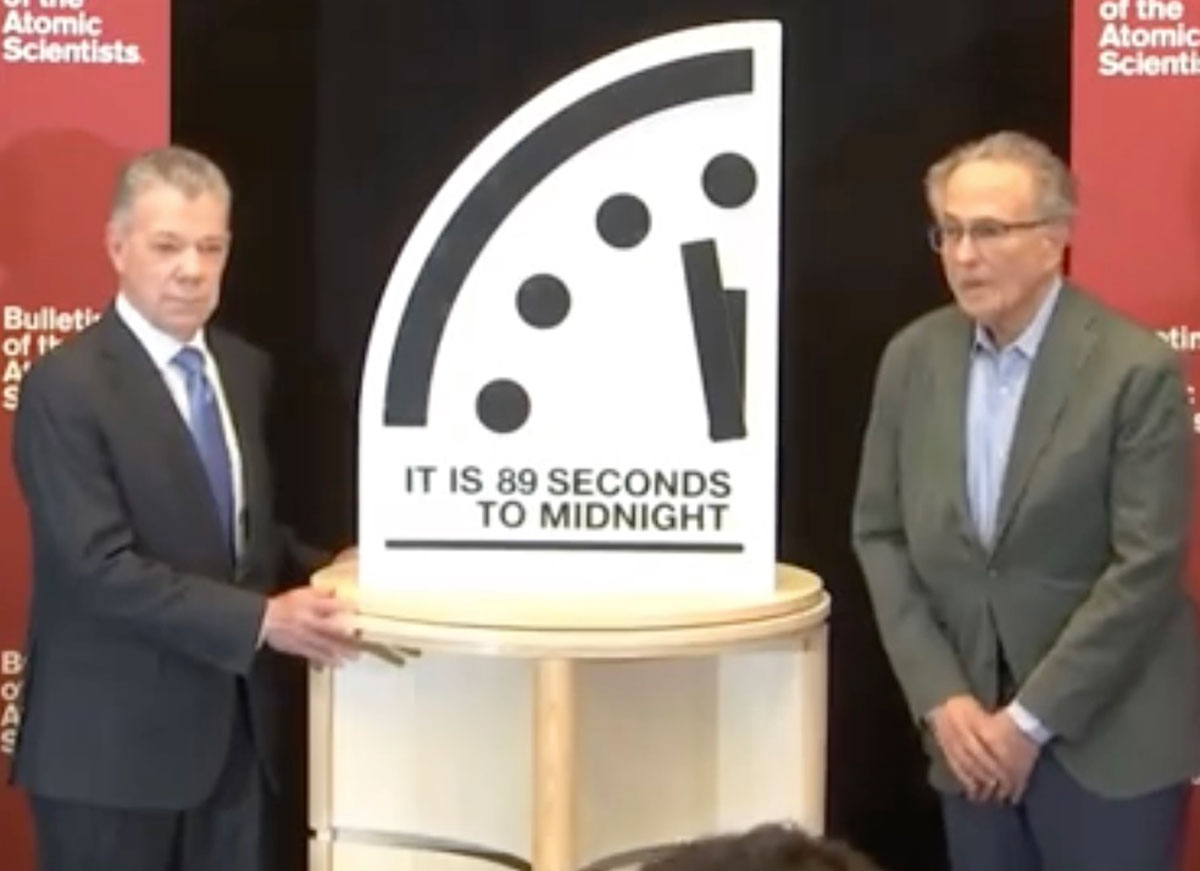Game Change

4/5
Political consultant Paul Begala, senior advisor to the Clinton/Gore campaigns of the 1990’s, once famously stated “politics is show business for ugly people” and boy was he not wrong. President George W. Bush’s folksy charm won out over Al Gore’s geeky intellect not because he would necessarily make a better President, but because everyday voters pegged him as the guy they would most like to have a beer with. More and more politics has taken a back seat to pizzazz in recent years, with your capabilities playing second fiddle to your charisma in the race for office. And rarely has American politics been so blinded and so blindsided by a politician than Governor Sarah Palin, the small-town beauty queen who burst onto the national stage out of nowhere as the surprise Republican VP pick in 2008, and whose gift-of-gab beguiled an entire nation.
Based on the tell-all book by John Heilemann and Mark Halperin, Game Change offers yet further testament to HBO as the home for intelligently written, complex drama. Julianne Moore completely disappears into the role of Palin, nailing the mannerisms, and, of course, that voice, the mimicry of which on SNL single-handedly catapulted Tina Fey to mega-stardom. More than simply a portrait of arguably the most polarizing political figure of our time, Game Change offers a fascinating insight into the nuts and bolts of campaign management, and a glimpse behind the curtain as to who the real brains of a political operation are. Surprise, surprise, it ain’t the candidates.
While both the book and this adaptation are highly critical of the McCain campaign’s choice of running mate, Palin herself comes over as surprisingly sympathetic – Moore’s delightfully nuanced performance is a joy to behold – and anyone looking for a straight up partisan evisceration and will be disappointed. Rather, it is the campaign staff – specifically Steve Schmidt (Woody Harrelson), Mark Wallace (Ron Livingston), and Rick Davis (Peter MacNicol) – who get the sharp end, portrayed as control freaks so used to micro-managing political robots they’re driven to distraction by someone who displays the fluctuating temperament and turbulent emotions of an actual human being.
While Moore and Harrelson are given the lion’s share of the running time, Ed Harris must be given his due as McCain, expertly capturing that wide-stance waddle from underneath an unflattering comb over. When informed of Obama’s runaway lead in the polls the Senator flatly responds: “What am I supposed to do then, f*ck off and die?!” But this is absolutely Moore’s picture, a shoe in for next year’s Emmys, simultaneously displaying the rural charm that so enamored the base, and the jaw-droppingly empty-headed belligerence that sent independents running for the hills.
While the picture itself isn’t entirely sympathetic – Palin is rightly painted as mean, spiteful, and vindictive – it does go to some lengths to explore why that might be. After all, if half of the country you’re sincerely offering yourself up to in service to is hell bent on transforming you into an international laughing stock 24/7 then you’re bound to get a little bit defensive. Confidently helmed by Jay Roach, who has a nice eye for blackly-comic satire, the picture hits all the relevant markers – the sensational convention speech, the disastrous Katie Couric interview, and the debate with Joe Biden by which point expecations has sunk to such a historic low that it was declared a tie by sheer virtue of the fact that she neither fell down nor threw-up on herself.
Despite that, this is a picture first and foremost concerned with rationalizing Sarah Palin from her own, (arguably in some cases) justifiable point of view. Neither the political hit-job right-wingers will surely decry it as, nor the self-serving chuckle-fest liberals surely hoped for, Game Change is a frank account of the inside shortcomings of a spectacular political hail Mary. Where it might have simply poked fun, it instead works hard to offer insight into a woman whose own naivety cast her in the role of savior to a desperate campaign, while her ego and self-absorbed tendency to get drunk on her own hype ultimately made her the villain and scapegoat for that campaign’s own catastrophic internal mismanagement.
RELATED ARTICLES
Get the most-revealing celebrity conversations with the uInterview podcast!





Leave a comment